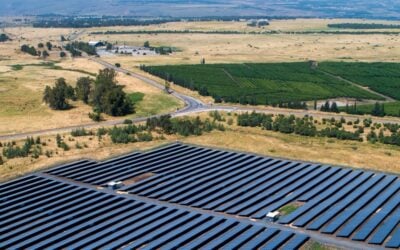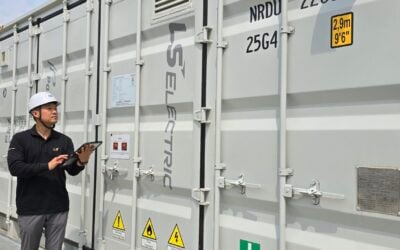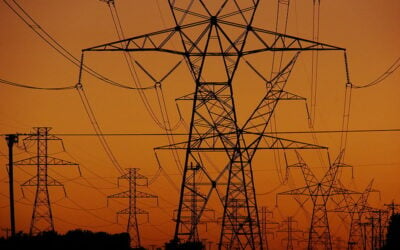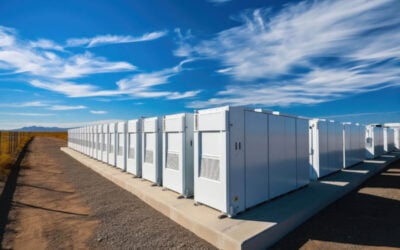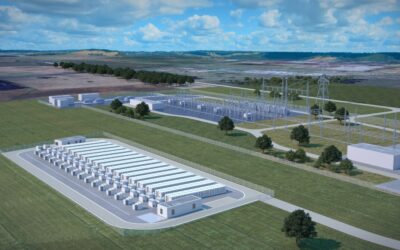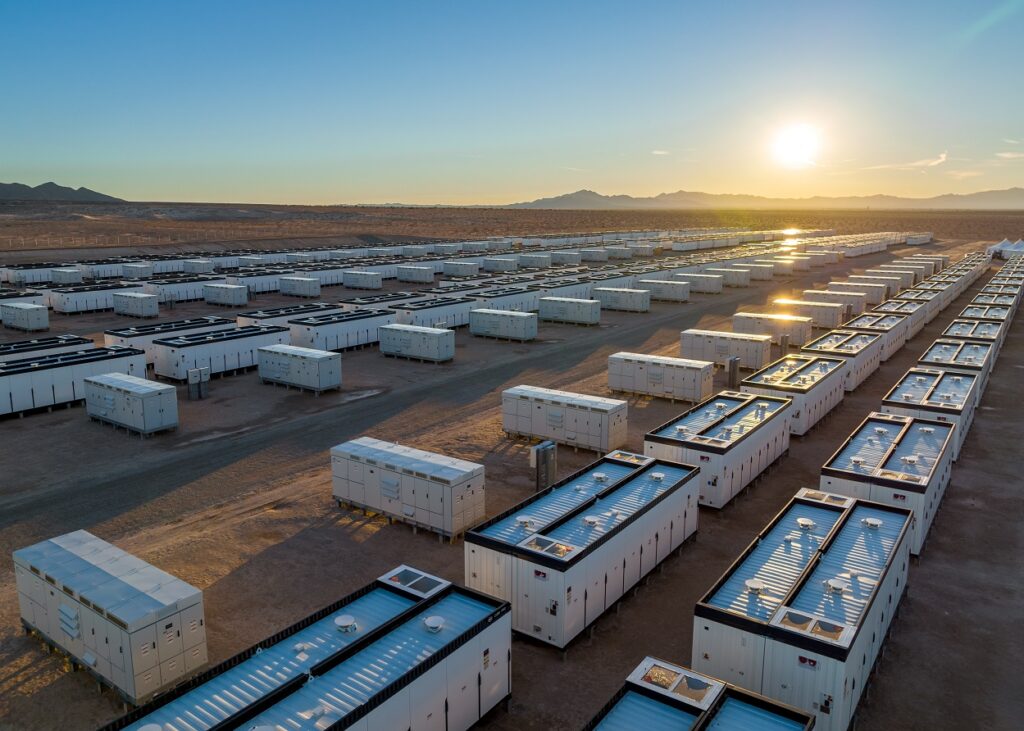
Developer Recurrent Energy, an arm of solar PV and ESS manufacturer Canadian Solar, has secured a 20-year agreement with a local utility for a 1,200MWh battery storage project in Arizona.
Recurrent announced the agreement with Arizona Public Service Company (APS) for the 1,200MWh Papago Storage project in Maricopa County, Arizona, today (16 August).
Enjoy 12 months of exclusive analysis
- Regular insight and analysis of the industry’s biggest developments
- In-depth interviews with the industry’s leading figures
- Annual digital subscription to the PV Tech Power journal
- Discounts on Solar Media’s portfolio of events, in-person and virtual
Or continue reading this article for free
Although not specified in the announcement, a tolling arrangement would likely see Recurrent Energy build, own and operate the project but exclusively provide its energy to APS, similar to a tolling agreement the utility signed with Strata Clean Energy for a similar sized project earlier this year.
Papago is expected to begin construction in the third quarter of 2024 for a commercial operation date (COD) in the second quarter of 2025.
The companies did not reveal the MW power of the project, but other energy storage projects of that scale in the state have been 4-hour systems, including Strata’s and one from Longroad Energy.
Dr. Shawn Qu, Chairman and CEO, Canadian Solar said: “This landmark project – Papago Storage – will give Arizonans more renewable energy every day. Recurrent Energy is delighted that Arizona Public Service selected Papago Storage via its rigorous competitive procurement process to support its 1.3 million customers’ growing need for affordable and reliable energy storage, and we look forward to growing our partnerships with APS and other utilities that are adding record amounts of energy storage in their service areas.”
The deal comes out of APS’s All Resource RFP (request for proposal) conducted in May 2022, which sought 1-1.5 GW of resources of which 800 MW would be renewable energy.
Canadian Solar is mainly known for its PV module activity but has been expanded in energy storage substantially in the last few years. It expects to deploy 1.8-2GWh of projects this year, which would have been higher had it not been for a transition over to a proprietary battery energy storage system (BESS) product.

